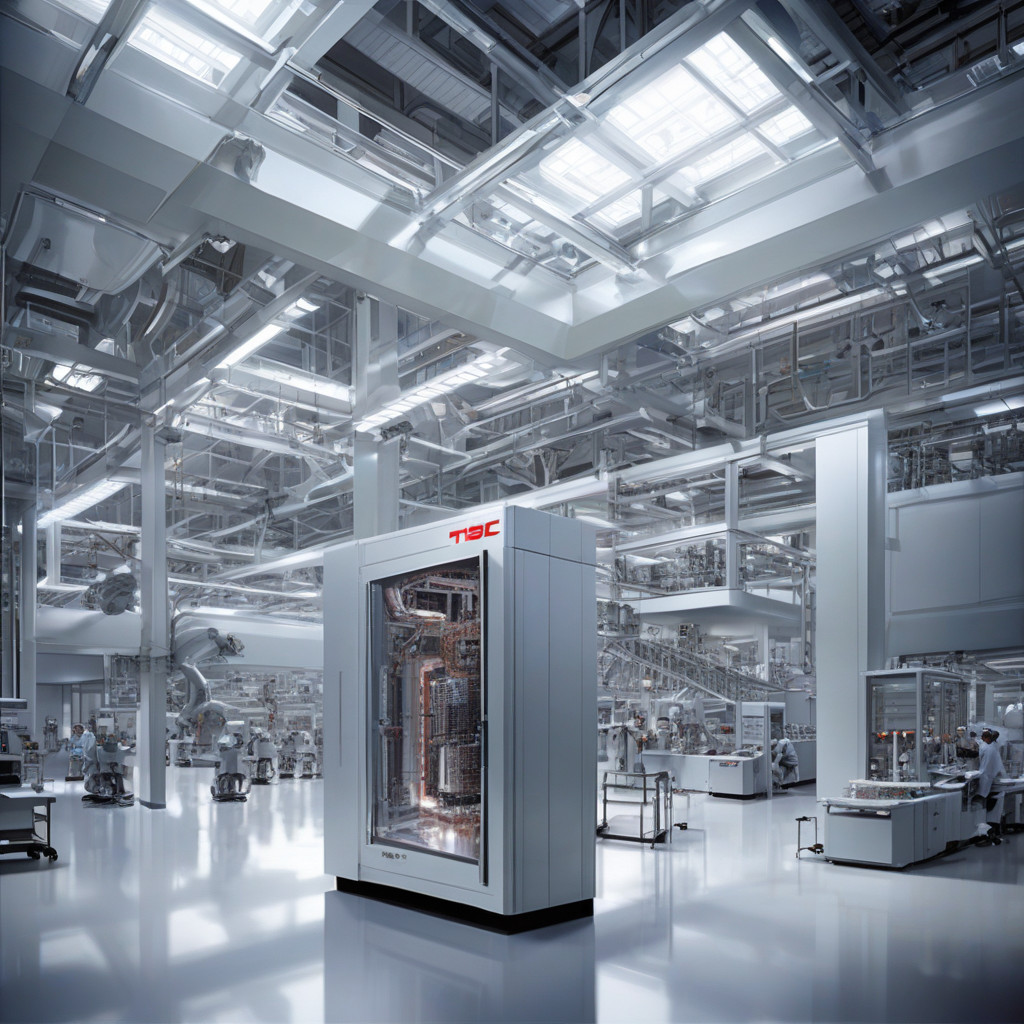TSMC’s US Expansion Faces Challenges with Costs and Regulations
Taiwan Semiconductor Manufacturing Company (TSMC), the world’s largest contract chipmaker, has been making headlines with its plans to expand its operations to the United States. However, the company is facing some hurdles along the way, particularly in Arizona where its advanced chip production has hit a snag, causing delays in the expansion project.
One of the main issues TSMC is grappling with is the high costs associated with setting up a semiconductor manufacturing plant in the US. Building and operating advanced chip fabrication facilities require substantial investments in infrastructure, equipment, and skilled labor. TSMC had committed to investing $12 billion to construct a cutting-edge chip factory in Arizona, with the goal of ramping up production to meet the growing demand for semiconductors in various industries, including automotive, consumer electronics, and telecommunications.
Despite its initial plans and investments, TSMC has encountered challenges that have hindered the progress of its US expansion. The company’s advanced chip production in Arizona has been delayed, raising concerns about its ability to meet the production targets and timelines originally set for the project. The delays are attributed to a combination of factors, including supply chain disruptions, construction setbacks, and regulatory approvals.
Moreover, TSMC is also facing regulatory hurdles that are adding complexity to its US expansion efforts. Semiconductor manufacturing involves sensitive technologies that are subject to stringent regulations, particularly when it comes to national security and intellectual property protection. TSMC must navigate a complex regulatory landscape that governs the export and use of advanced semiconductor technologies, especially in light of the escalating trade tensions between the US and China.
In addition to the challenges related to costs and regulations, TSMC’s US expansion is also facing pressure from competitors. Other semiconductor companies, both domestic and international, are also eyeing opportunities to expand their presence in the US market, driven by the increasing demand for chips and the push for greater supply chain resilience. TSMC is facing stiff competition from rivals who are vying for a larger share of the lucrative semiconductor market, further intensifying the challenges the company is facing in its US expansion.
Despite these hurdles, TSMC remains committed to its US expansion plans and is actively working to overcome the obstacles it is facing. The company’s investment in advanced chip production in Arizona is a strategic move aimed at strengthening its position in the global semiconductor industry and enhancing its competitiveness in key markets. By expanding its manufacturing footprint to the US, TSMC aims to capitalize on the growing demand for semiconductors and position itself for long-term growth and success.
In conclusion, TSMC’s US expansion is facing challenges with costs and regulations, particularly with the delayed advanced chip production in Arizona. The company’s efforts to establish a strong presence in the US market are being tested by the high costs of setting up manufacturing facilities, regulatory complexities, and competition from other players in the semiconductor industry. Despite these challenges, TSMC remains determined to overcome the obstacles and achieve its expansion goals, showcasing its resilience and commitment to innovation and growth.
TSMC, US expansion, costs, regulations, semiconductor industry











